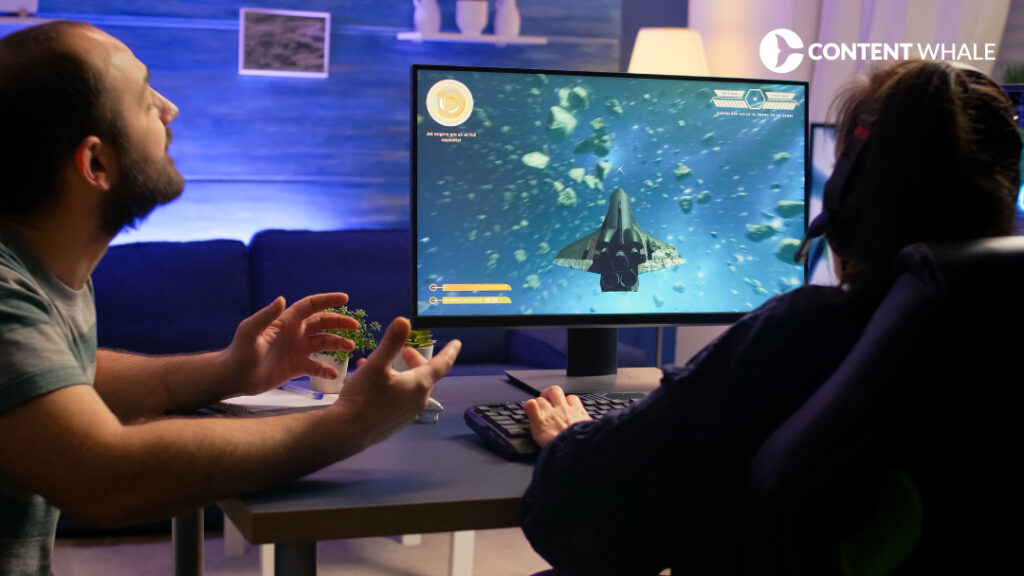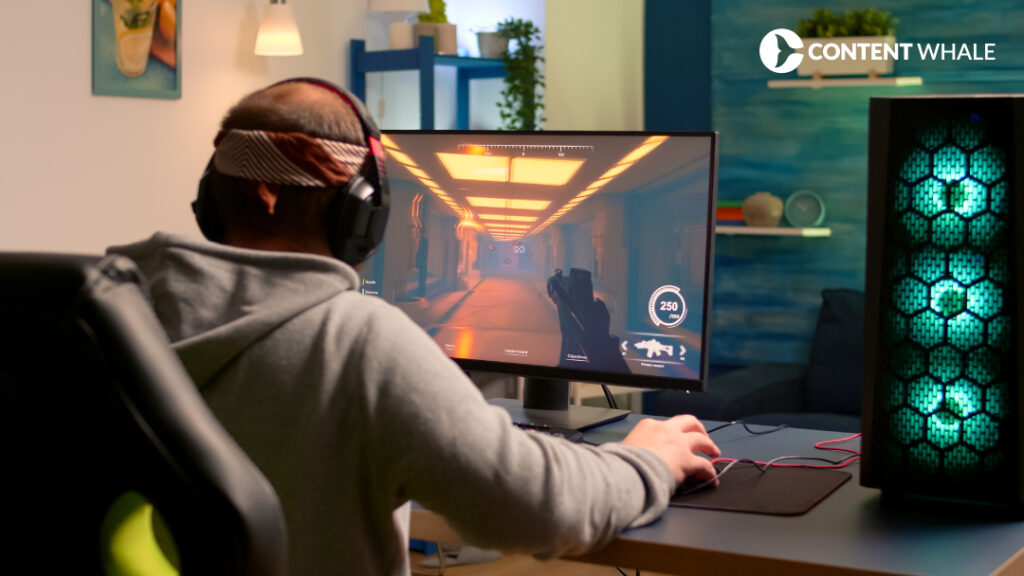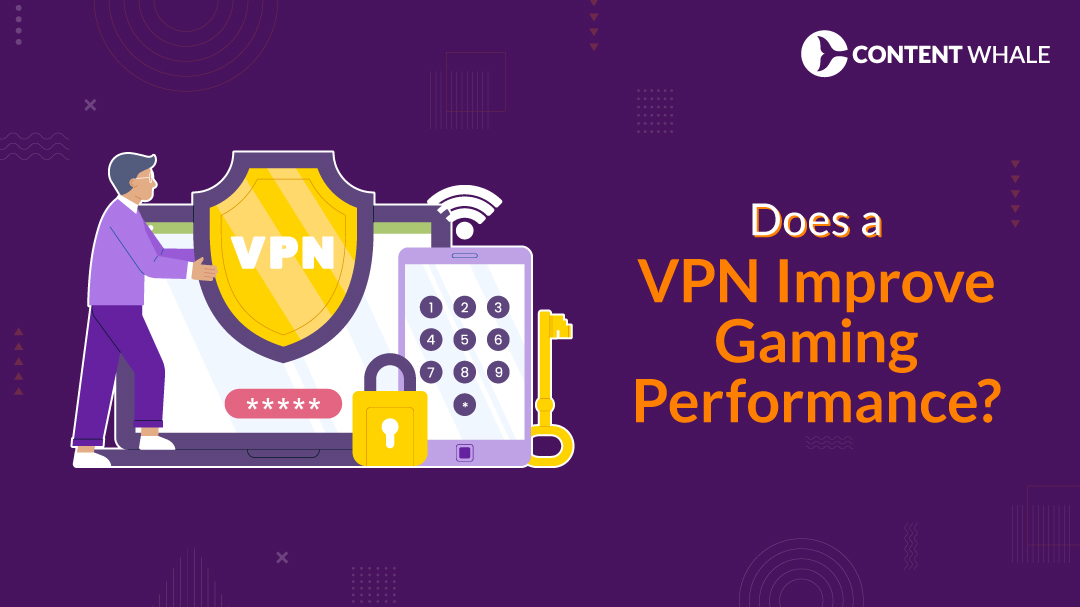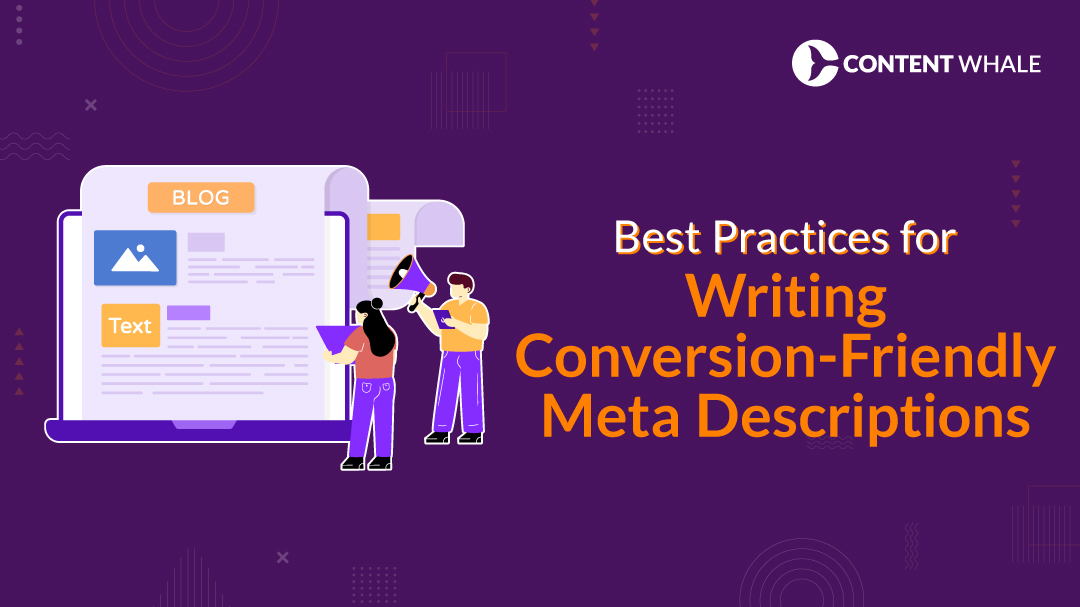If you’re serious about gaming with a VPN, you’ve probably heard claims about improving gaming speed and reducing lag. But before you spend money on a VPN, let’s get real. Will it actually boost your gaming performance or just slow you down?
Many gamers swear by VPNs to lower ping, access restricted gaming servers, and stay protected with a secure gaming connection. But is it worth it for you? In this blog, I’ll show you exactly when using a VPN makes sense and how it can help—or hurt—your gameplay.
1. What is a VPN, and How Does It Work?
A Virtual Private Network (VPN) is a service that encrypts your internet traffic and routes it through a secure server, masking your real location. In gaming with VPN, this can help protect your data from cyber threats and give you access to restricted gaming server locations.
Here’s how it works for gaming:
- Encrypts Data: A VPN keeps your internet traffic safe by encrypting it, so your personal data and gameplay stay private. This ensures a secure gaming connection, especially when you’re on public Wi-Fi.
- Reroutes Traffic: It reroutes your traffic through a server located elsewhere, which might be closer to the game server you’re playing on. This could lead to a reduce ping VPN situation if the server routing is more efficient.
- Bypasses Geo-Blocks: Many games or game servers are locked to specific regions. A VPN allows you to change your IP address, giving you access to unblock gaming servers otherwise restricted by location.
2. The Benefits of Gaming with VPN

If you’re considering gaming with a VPN, there are some solid advantages that can enhance your overall experience. Let’s dive into the key benefits that a VPN can bring to your gaming setup:
a) Reduced Ping and Latency
One of the biggest perks of using a VPN is the potential for low latency gaming. If you connect to a gaming VPN server that’s closer to the game’s server, you may see a significant lag reduction. By bypassing inefficient internet routes, a VPN can help you reduce ping and improve response times, leading to a smoother gameplay experience.
b) Access to Geo-Blocked Content
Some game servers and content are restricted based on your geographic location. A VPN allows you to access these by masking your real location and routing your connection through a server in a different country. This opens up a world of unblocked gaming servers and can even give you access to games before they launch in your region.
c) Protection from DDoS Attacks
If you play competitive games or participate in esports, you’re a target for DDoS (Distributed Denial of Service) attacks. A VPN protects you by hiding your real IP address, which makes it much harder for attackers to disrupt your connection. This results in a secure gaming connection that keeps you in the game, especially when stakes are high.
d) Enhanced Security on Public Networks
Gaming on public Wi-Fi can leave you vulnerable to hackers and snoopers. With a VPN, your connection is encrypted, protecting you from potential threats and ensuring a secure online gaming experience. This is especially useful for VPN for console gaming or when you’re playing on a shared network.
| # | Benefit | Description |
| 1 | Reduced Ping and Latency | A VPN can reroute your traffic through optimized servers, which can reduce ping and improve low latency gaming. |
| 2 | Access to Geo-Blocked Content | A VPN allows you to bypass geographic restrictions, giving access to unblocked gaming servers and exclusive content. |
| 3 | Protection from DDoS Attacks | VPNs hide your IP address, providing a secure gaming connection and protecting you from DDoS attacks. |
| 4 | Avoid ISP Throttling | Some ISPs throttle bandwidth for gaming; a VPN can prevent this, improving gaming VPN speeds and consistency. |
| 5 | Enhanced Privacy and Security | By encrypting your traffic, VPNs ensure a secure online gaming experience, particularly on public or shared networks. |
| 6 | Improved Multiplayer Matchmaking | VPNs can help with gaming performance boost by connecting you to different regions, improving your matchmaking experience. |
3. Can a VPN Make My Gaming Worse?
While gaming with a VPN offers many benefits, there are situations where it can actually hurt your gameplay. Here are some of the key downsides you should be aware of:
a) Increased Ping and Slower Speeds
- VPNs can sometimes increase gaming latency, especially when connecting to distant servers.
- Instead of reducing lag, a poorly chosen server could cause higher ping, resulting in slower gameplay.
- If you’re aiming for low latency gaming, the wrong VPN setup might backfire, hurting your performance.
b) Limited Server Options
- Not all VPNs offer a wide range of gaming server locations.
- Fewer servers mean limited choices, which can lead to poor gaming VPN performance due to high traffic or long distances between you and the game server.
- Without access to optimized VPN for gaming, you might struggle to maintain a secure gaming connection without lag.
c) VPN Service Interruptions
- VPN servers can experience outages or slowdowns, especially during peak hours.
- These interruptions can cause your VPN for online games to disconnect or lag at crucial moments, disrupting your session.
- If your VPN isn’t reliable, it could lead to frustrating service drops right in the middle of competitive play.
d) Impact on Multiplayer Experience
- In multiplayer games, small delays caused by a VPN can be disastrous.
- Issues like jitter or slightly higher ping can make it hard to stay competitive, affecting your multiplayer game performance.
- Instead of achieving faster connection for online games, using a VPN might create unwanted lag when every second counts.
4. VPNs and Gaming Performance: Myth vs Reality

There’s a lot of hype around gaming with VPN, but separating fact from fiction is essential to making the right choice. Here’s a breakdown of the common myths and the reality behind how VPNs truly impact gaming performance.
Myth 1: VPNs Always Reduce Lag
- Many gamers believe a VPN will automatically result in lag reduction with VPN, but that’s not always the case.
- The reality: A VPN can only help if you’re experiencing inefficient routing from your ISP. If the VPN routes you through a better path, it can reduce ping and offer a faster connection for online games. However, this isn’t guaranteed.
- In most cases, connecting to a gaming VPN server far from the game’s server could actually increase latency, hurting your gaming performance.
Myth 2: VPNs Improve Speed
- It’s often thought that using a VPN will improve your gaming VPN speeds.
- The reality: VPNs generally route your traffic through additional servers, which can slow down your connection. However, some VPNs have optimized VPN for gaming servers designed to minimize speed loss, leading to an overall improvement in multiplayer game performance in certain scenarios.
Myth 3: VPNs Bypass All Restrictions
- Many people think that a VPN can easily bypass gaming restrictions and access any server.
- The reality: While VPNs are great for unblocking gaming servers restricted by geographic location, some gaming platforms have begun to detect and block VPN usage. This is especially true in competitive gaming, where VPN detection tools are in place to prevent unfair advantages.
Reality: Server Proximity Matters
- The location of your VPN’s server relative to the game server plays a huge role in gaming VPN performance.
- To achieve low latency gaming, always choose a VPN provider that offers servers close to your gaming region. This will help improve gaming speed with VPN and reduce issues like jitter, which can affect your gameplay.
5. Which Gamers Benefit the Most from Using a VPN?
Not every gamer needs a VPN, but for some, it’s a game-changer. Here’s a look at the types of gamers who can truly benefit from gaming with a VPN:
a) Competitive Players
If you’re playing in high-stakes esports tournaments or ranked matches, the last thing you need is a DDoS attack or a connection drop. A VPN helps by providing a secure gaming connection, reducing the risk of disruptions during critical moments. For competitive players, a VPN can also improve gaming VPN performance by maintaining a more stable connection, especially on public or shared networks.
b) Players Facing Geo-Blocked Content
Some regions restrict access to certain gaming server locations or games altogether. Whether you’re trying to access a specific gaming VPN server or download a title that’s unavailable in your country, a VPN lets you bypass these restrictions. If geo-blocking is limiting your gaming experience, a VPN can help you unblock gaming servers and give you access to global content.
c) Gamers Using Public or Shared Networks
For those gaming on public Wi-Fi or shared networks (such as in dorms or cafes), a VPN adds an extra layer of security. Public networks are vulnerable to cyberattacks, and using a VPN ensures your connection stays private. This protection is particularly useful when you’re on VPN for console gaming, ensuring you have a secure online gaming experience without risking exposure to hackers.
6. How to Choose the Best VPN for Gaming

Choosing the best VPN for gaming isn’t just about finding the cheapest or most popular option. It’s about understanding your specific needs and picking a VPN that delivers top performance for your gaming setup. Here’s what you should look for:
a) Speed and Low Latency
- Speed is critical when gaming. You want a VPN that offers low latency gaming by connecting you to servers close to your game’s servers. The shorter the distance, the better the gaming VPN performance.
- Some VPNs are specifically optimized for gaming, offering dedicated gaming VPN servers to minimize ping and latency. Look for VPNs with fast connection times and the ability to reduce ping.
b) Server Locations
- A wide range of gaming server locations is key to finding the most responsive connection. The more server locations a VPN offers, the better your chances of finding a nearby server that provides a faster connection for online games.
- Ensure your VPN has servers near the regions you frequently game in, whether it’s the U.S., Europe, or Asia.
c) No-Log Policies and Security Features
- Privacy is just as important as performance. The best VPNs for gaming offer secure gaming connections and strict no-log policies, ensuring your data remains private while you’re gaming.
- Features like 256-bit encryption and protection against DDoS attacks can keep you safe from potential threats while you enjoy your games.
d) Compatibility with Multiple Devices
- Whether you’re using a PC, console, or mobile device, your VPN should be compatible across platforms. If you’re gaming with a VPN on a PlayStation or Xbox, make sure the VPN offers easy setup for VPN for console gaming.
d) Optimized VPN for Gaming
- Some VPNs are specifically optimized for gaming, offering settings that minimize packet loss, jitter, and lag. These features can significantly improve multiplayer game performance and ensure a smooth, secure online gaming experience.
Top VPN Recommendations:
- ExpressVPN: Known for its speed and strong security features, ExpressVPN offers a range of servers globally, ideal for reducing ping and improving gaming speeds.
- NordVPN: Offers dedicated gaming servers and excellent privacy features, making it one of the top choices for gaming with VPN.
- CyberGhost: Easy to set up and highly reliable for unblocking gaming servers in restricted regions.
7. Final Thought: Is a VPN Good for Gaming?
A VPN for gaming can be beneficial, but it depends on your needs. Here’s a quick breakdown:
a) When a VPN Works Best:
- Bypassing Geo-Restrictions: A VPN helps you access gaming server locations or games restricted in your region.
- Enhanced Security: Protects against DDoS attacks and offers a secure gaming connection, especially on public Wi-Fi.
- Lag Reduction: If your ISP throttles your connection or routes traffic inefficiently, a VPN might reduce ping and improve gaming VPN performance.
b) When a VPN Might Not Help:
- Increased Latency: If you connect to a distant server, it may increase gaming latency with VPN and slow down your experience.
- Not Always Necessary: If you don’t need to access blocked content or avoid DDoS attacks, you might not need a VPN for regular gaming.
Conclusion

If you’re considering gaming with VPN, it’s important to weigh both the benefits and potential drawbacks. For many, a VPN can enhance gaming performance, especially when it comes to reducing ping and unblocking gaming servers. However, not all VPNs are created equal, and in some cases, using one could increase your gaming latency.
To get the best results, focus on choosing the best VPN for gaming with servers optimized for low latency gaming. Ultimately, a VPN is a useful tool for gamers who need extra security, want to bypass restrictions, or need to ensure stable connections.
_____
This blog showcases Content Whale’s expertise in creating SEO-optimized content that doesn’t just rank—it drives growth. If you’re ready to enhance your online presence, increase traffic, and achieve your business objectives, we’re ready to help. Get in touch with us today, and let’s develop content that fuels your success.
FAQs
1. Does Using a VPN Reduce Gaming Ping?
A VPN can sometimes reduce ping if it routes traffic through more efficient gaming server locations. However, if the server is far from the game’s server, it may actually increase gaming latency.
2. Can a VPN Improve Gaming Security?
Yes, a VPN provides a secure gaming connection by encrypting your internet traffic. This protects you from DDoS attacks and keeps your personal data safe, especially when playing on public networks or VPN for console gaming.
3. Are All VPNs Good for Gaming?
No, not all VPNs are suitable for gaming. The best VPN for gaming offers low-latency servers, fast speeds, and optimized settings to ensure low latency gaming and smooth performance without lag.
4. Will Using a VPN Slow Down My Internet Speed for Gaming?
Sometimes. A VPN might slow down your internet speed, especially if you’re connected to a distant VPN server. However, some VPNs are designed to improve gaming speed by bypassing throttling from ISPs and optimizing traffic routes.
5. How Do I Optimize My VPN for the Best Gaming Experience?
To get the best gaming VPN performance, select a server close to the game’s server, use a fast protocol like WireGuard, and ensure your VPN offers features like lag reduction and protection against connection drops.
6. Which VPNs Are Best Suited for Online Gaming?
Top recommendations include ExpressVPN, NordVPN, and CyberGhost, as they offer fast speeds, wide server networks, and optimized features that help improve multiplayer game performance and provide a secure online gaming experience.



